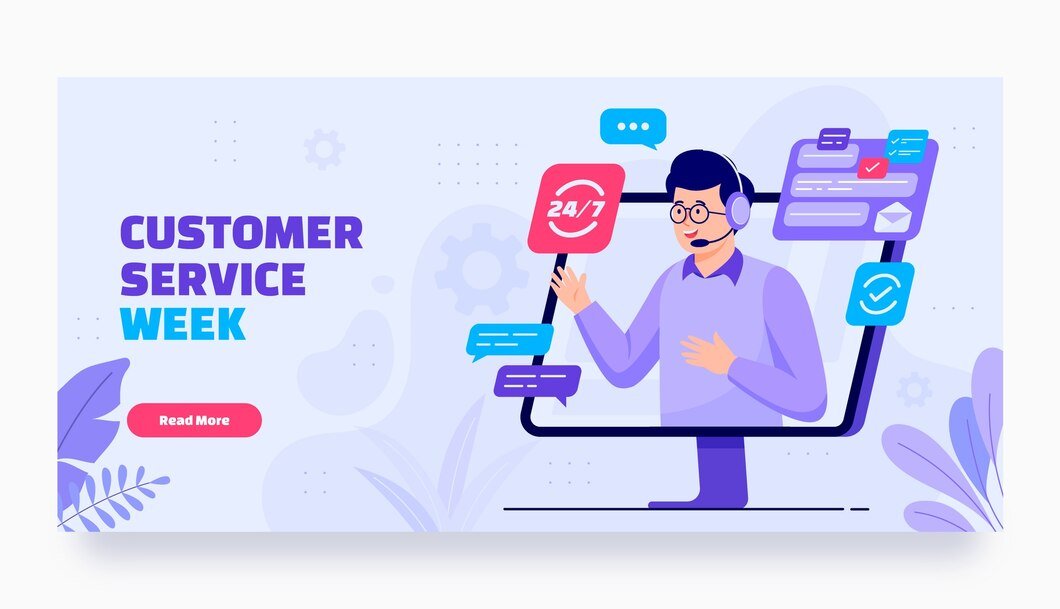
1. AI-Powered Chatbots
- Chatbots are revolutionizing customer support by providing instant responses to common queries. They can handle 24/7 interactions, offering users quick solutions without human intervention, which helps to reduce response times and improve customer satisfaction.
2. Omni-Channel Support
- Omni-channel support integrates various communication channels like email, phone, social media, and live chat, allowing customers to engage with businesses in their preferred way. This seamless experience enhances convenience and accessibility for customers.
3. Email Marketing Support
- Many customer support services are now integrating email marketing as part of their customer engagement strategy. Support teams use personalized email campaigns to inform customers about new features, troubleshooting tips, and exclusive offers, fostering stronger relationships.
4. Free Consultations
- Businesses are offering free consultations as part of their customer support to help customers with product or service selection, troubleshooting, or problem-solving. This is particularly useful in industries like tech, health, and financial services.
5. Self-Service Portals
- Self-service options like knowledge bases, FAQs, and video tutorials allow customers to find answers to their issues without direct assistance. This empowers customers to solve problems independently, reducing wait times and improving satisfaction.
6. Live Chat Support
- Live chat has become a standard feature in customer support, providing real-time communication with agents. Customers can get instant responses, increasing overall support satisfaction. Some live chat services are even powered by AI to offer immediate, automated assistance.
7. Proactive Customer Support
- Rather than waiting for customers to reach out with issues, businesses are using data analytics to proactively identify problems and offer support. This can include sending out notifications about system downtimes or offering troubleshooting tips before customers encounter problems.
8. 24/7 Support Availability
- Offering round-the-clock customer support through various channels (phone, chat, or email) has become a key offer for global businesses, ensuring customers across different time zones can always get the help they need.
9. Personalized Customer Support
- Using customer data to personalize support interactions is increasingly popular. This includes knowing customers’ past issues, preferences, and purchase history, allowing support agents to provide more tailored and effective solutions.
10. Social Media Support
- With the rise of social media, businesses are now providing customer support via platforms like Twitter, Facebook, and Instagram. Social media support allows for quick responses and easy engagement, often solving issues more efficiently than traditional methods.


